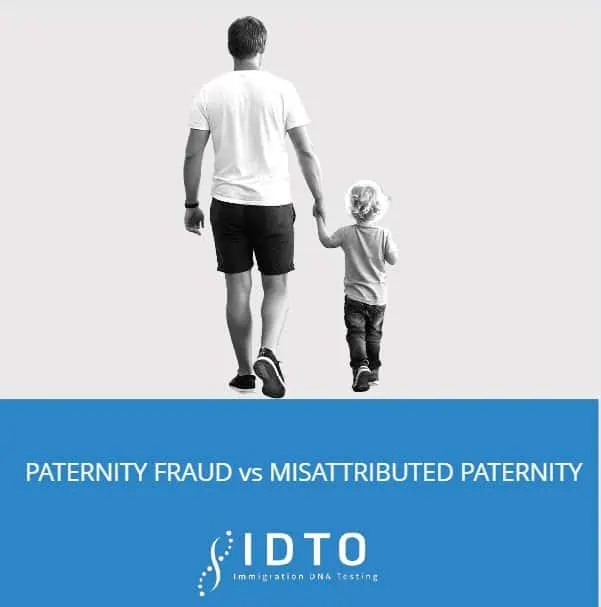
Paternity Fraud and Misattributed Paternity: Understanding the Differences and Implications
In recent times, many have highlighted the troubling issue of paternity fraud. This situation occurs when a man is legally recognized as the father of a child but later discovers he is not the biological parent. Such revelations can be emotionally devastating for the presumed father. The child suffers profound emotional and financial consequences.
What is Paternity Fraud?
Paternity fraud occurs when a mother falsely identifies a man as the biological father of her child, whether intentionally or unintentionally. This may involve the mother convincing a man to sign an acknowledgment of paternity form without revealing doubts about his biological connection to the child.
Once established as the legal father, the man provides emotional, financial, and paternal support to the child under the assumption he is the biological parent. Later, often through DNA testing, the presumed father discovers he is not the biological father.
This situation creates legal and emotional complications for all parties involved, including the child, mother, presumed father, and biological father. The presumed father may have legal options to recover child support or dispute paternity, but laws vary significantly by jurisdiction.
What is Misattributed Paternity?
Misattributed paternity occurs when a man believes he is the biological father of a child, but he is not. This situation may arise from a mistaken assumption about paternity or from undisclosed infidelity.
Differences Between Paternity Fraud and Misattributed Paternity
Paternity fraud and misattributed paternity are often used interchangeably, but there is a key difference:
- Paternity Fraud: This is intentional. It occurs when a mother knowingly misidentifies a man as the biological father of her child, often for financial gain or other benefits.
- Misattributed Paternity: This is not intentional. For example, if a mother has sexual relations with two men within a close timeframe, she may genuinely believe the wrong man is the biological father due to the timing of conception.
In summary, the main distinction lies in intent: paternity fraud involves deliberate deception, whereas misattributed paternity results from a genuine mistake or misunderstanding.
Can Paternity Fraud Be Recognized?
Distinguishing intentional deception from genuine error in paternity fraud cases can be difficult. Performing a paternity test is the only option that can definitively confirm or rule out a biological relationship before signing legal documents.
Without testing ahead of time, a man may unknowingly take on legal and emotional responsibilities for a child that is not biologically his own. Once legal paternity is established, it can be complex and costly for a man to undo if he later learns he was deceived.
Child’s Well-being
The emotional well-being of a child is arguably the most significant consequence of paternity fraud—a situation where the presumed father is misled into believing he is the biological parent. When the truth comes to light, children may experience confusion, grief, and insecurity as they cope with the revelation and changes in family dynamics. Early intervention and consistent support are crucial for helping them navigate this complex emotional terrain.
Is paternity fraud a crime in U.S?
No, paternity fraud is not a crime in the United States. Limited situations exist where a man can file a claim against the mother if he can clearly prove she intentionally deceived him regarding the child’s paternity.
Conclusion
Paternity fraud and misattributed paternity remain impactful issues for all involved, particularly the child. To ensure accurate establishment of paternity, DNA testing after birth is often recommended. This approach can help prevent cases of misattributed paternity.
For those needing legal paternity testing services, contact IDTO DNA testing center at 888-204-0583 to schedule an appointment. Always seek advice from a qualified legal professional for guidance on paternity matters.
